About the Retrospective Templates Collection
Miro's retrospective templates collection helps teams reflect on their past work, identify areas for improvement, and celebrate successes. These templates are essential tools for agile teams, providing structured formats for conducting retrospectives. Whether you're looking for a simple sprint retrospective template or more detailed retrospective examples, Miro has various options to suit your needs. Our collection includes templates for different types of retrospectives, ensuring that you can find the right one for your team's specific requirements.
Why you'll love our retrospective examples
Using Miro's retrospective templates offers numerous benefits that can significantly enhance your team's performance and collaboration. Here are some key advantages:
Structured reflection: Our agile retrospective templates clearly structure your meetings, ensuring that all important aspects are covered. This helps teams systematically review their work and identify areas for improvement.
Customizability: Each template is fully customizable, allowing you to tailor it to your team's specific needs and workflows. This flexibility ensures that the retrospective process is relevant and effective for your team.
Facilitates open communication: The templates are designed to foster open and honest communication among team members. By providing prompts and sections for feedback, they help create a safe space for discussing successes and challenges.
Actionable insights: The retrospective examples include sections for identifying actionable items. This ensures that the insights gained during the retrospective are translated into concrete actions that can drive continuous improvement.
Time efficiency: Using a pre-designed template saves time in preparing for the retrospective. Teams can focus more on the discussion and less on the setup, making the process more efficient.
Enhanced engagement: The interactive elements of Miro's templates, such as sticky notes and voting features, keep team members engaged and actively participating throughout the retrospective session.
How to use the retrospective templates in Miro
Using the retrospective templates in Miro is straightforward. Here’s a step-by-step guide to get you started:
Select a template: Begin by browsing Miro’s extensive library of retrospective templates. Choose one that best fits your team’s needs, whether it’s a sprint retrospective template or another type of agile retrospective template.
Customize the template: Tailor the template to suit your team’s specific needs. You can add, remove, or modify sections to better align with your retrospective goals. This customization ensures that the template is relevant and effective for your team.
Invite team members: Share the Miro board with your team members. Ensure everyone has access and understands how to navigate the board. This step is crucial for fostering collaboration and participation.
Facilitate the retrospective: Use the template to guide the retrospective session. Start by setting the context and objectives of the meeting. Encourage team members to use interactive elements like sticky notes, voting, and timers to share their thoughts and feedback.
Document insights and actions: As the discussion progresses, document key insights and actionable items directly on the template. This helps in keeping track of important points and ensures that the retrospective leads to tangible improvements.
Review and follow-up: After the retrospective, review the documented insights and actions with the team. Assign responsibilities for the actionable items and set deadlines for follow-up. This step ensures that the retrospective results in continuous improvement.
Miro's templates are powerful retrospective tools that can transform the way your team conducts retrospectives. By providing structure, fostering open communication, and enabling actionable insights, these templates help teams to continuously improve and achieve their goals.




































